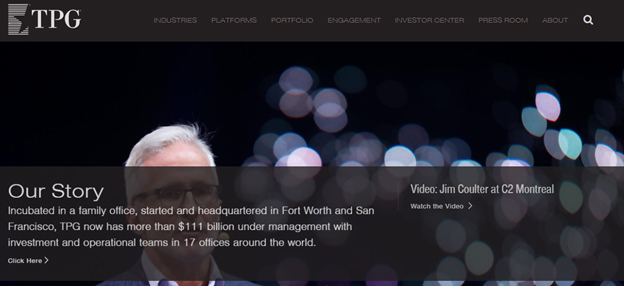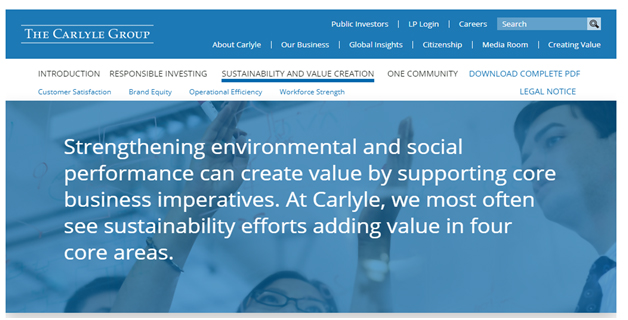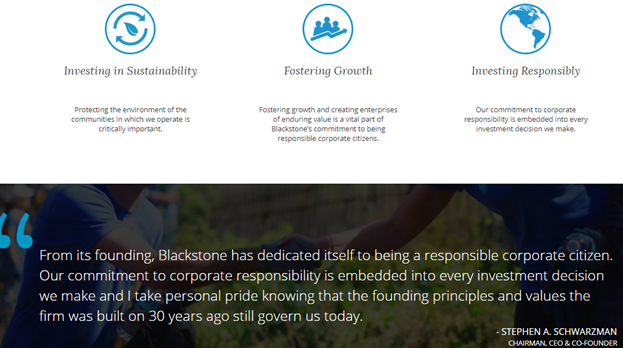Last week’s dramatic announcement by the Democratic Party that it will front an impeachment motion against President Donald Trump has undoubtedly injected some level of uncertainty in the investment space. Slowly but surely, the prices of assets have been affected across the economy.
While it still remains unclear the effect, if any, the impeachment proceedings might have will certainly impact the American investment mood. Investment analysts have weighed in on the possibilities with some claiming the impeachment drama will likely alter Trump’s political calculus on tariffs, boosting the likelihood of a pre-election truce.
But what do presidential removal proceedings mean for private equity firms? What effect will it have on private equity investors?
In this article, we look fearlessly at the impact of Trump’s pending impeachment on Private Equity (PE) firms in the US.
Back-to-Back Interest Rates Cut
The Federal Reserve Bank recently slashed interest rates by 0.5% and warned that it would lower it further if the US economy remained on a downward trend. With Trump’s pending impeachment, analysts fear that the economy could plunge deeper.
While the Fed’s decision to cut the interest rates didn’t sit well with the President who was pushing for a rate of zero if not negative for Central Bank, the current rate remains between 1.75 to 2%. According to The Federal Bank officials, the rate is expected not to drop below 1.5% anytime soon.
So, what does this mean for PE investors? Essentially, the Fed interest rate has a big impact on other interest rates and it also reflects the general health of the economy. When the rates are lowered, it means interest rates across other financial institutions are lowered and thus cheaper finances between commercial banks’ lending, which ultimately trickles down to retail banking.
The Fed Interest rates (whether high or low) impacts retail banking including mortgage rates, deposit rates for savings, as well as personal loans.
Private Equity investors and firms that borrow for investment purposes or those with investments in the financial sector are also impacted. If the banks offer high interest rates due to the pressure from Fed interest rates, finances are accessed more expensively and vice versa.
Depending on the case, higher interest rates discourage borrowing thus hindering investment activities. Lower rates, on the other hand, encourage borrowing for investment purposes.
We Are at The Verge of Record IPO Filings
Ever since the 2008 recession, the economy has been steadily improving. Business has been booming. Uber priced its massive offering just a few days ago when Slack also filed to go public.
But one thing has come out clear – investors seem to be looking past the impeachment drama as stock prices remain steady after slight initial deeps.
If this trend is to be maintained in the market, the impact of the impeachment inquiry may not significantly affect the confidence of investors after all.
Investors have remained excited and are looking to throw their money behind viable IPOs.
Stats show that now more than ever, companies are excited to go public and the results speak for themselves with a steady rise in IPO listing over the last decade. But experts warn that going public is never a guarantee of success if WeWork’s current turmoil is anything to go by. In a twist of events, the value of the company was reportedly slashed to nearly a third of its initial private market valuation of $47 Billion.
But even with the pending impeachment inquiry and the downside of IPOs as seen in the case of WeWork, companies largely remain excited about going public. And what’s more? The thrill doesn’t seem to be dying down perhaps due to the amount of investment being pumped in every time a project comes up.
What the Pending Impeachment Means for The Private Equity Players
There’s no question about it – if Democrats pursue Trump’s impeachment, the markets will definitely be ruffled. However, the GOP-led Senate may not go down the impeachment road nor stop the president’s economic projects.
When in an interview with CNBC, Marc Chandler, a global market strategist at Bannockburn expressed confidence that the country was largely not behind the impeachment process saying, “…I don’t think the country is behind it. It just adds uncertainty.”
When Speaker Pelosi announced the impeachment inquiry, the stocks plunged as investors went into panic mode. However, the markets seemed to have corrected after Trump tweeted that he would furnish the house with scripts from the call with the Ukrainian president.
So just like with the other spheres of the economy, private equity players will certainly experience some sort of uncertainty in the coming days; but that is probably what it may ever be. New evidence against the impeachment or supporting the impeachment will keep impacting investments even as all eyes remain fixed on the country’s lawmakers.
The post Impact of The Pending Impeachment (Ukraine phone call) On Private Equity Firms appeared first on SSGC HOLDINGS.



 Educational Technology, otherwise known as the
Educational Technology, otherwise known as the



